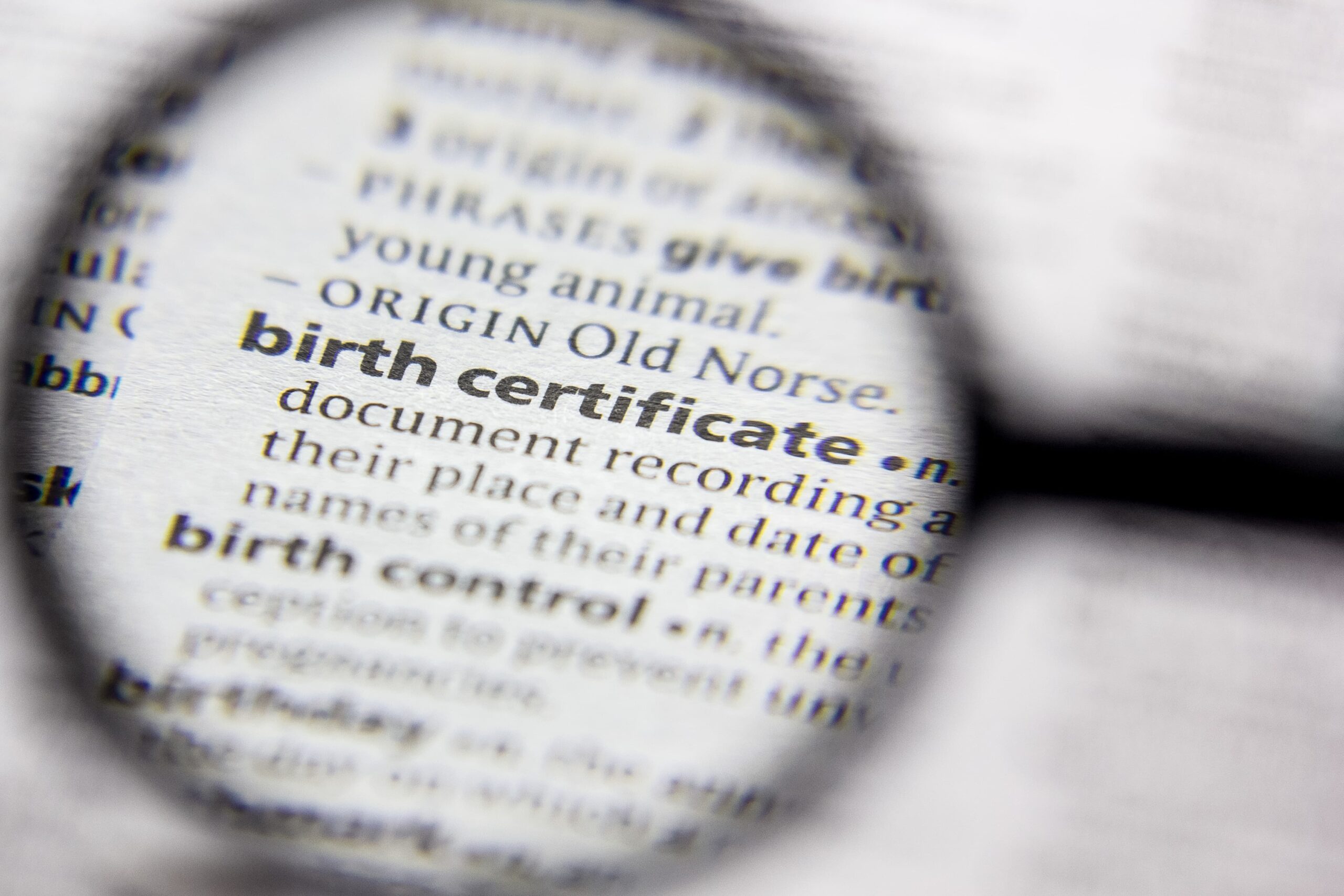Apostille vs Legalization Services: Understanding the Key Differences
When dealing with international document authentication, two primary methods exist for verifying the authenticity of official documents: Apostille and Legalization. While both serve the same fundamental purpose—ensuring documents are recognized as legitimate across borders—they differ significantly in their scope, process, and applicability. Korean Apostille is here to help you understand the key differences and provide convenient & affordable expert services for all relevant Korean documents.
What is an Apostille?
An Apostille is a standardized certificate of authentication that validates the authenticity of official documents for international use. The Convention Abolishing the Requirement for Authentication of Foreign Official Documents entered into force on July 14, 2007, which means that Korean documents that have received an apostille from the Department of Justice, Bureau of Overseas Korean Affairs, will be recognized as having the same force and effect as local documents in countries that have signed the Convention.
The Apostille process is streamlined and cost-effective, requiring only a single authentication step from the designated competent authority in the issuing country. This simplified approach was designed to reduce bureaucratic barriers and facilitate international cooperation among member countries of the Hague Convention.
What is Legalization?
Legalization, also known as consular legalization or embassy certification, is a more complex multi-step process required for documents intended for use in countries that are not signatories to the Hague Convention. This traditional method involves multiple levels of authentication, typically including verification by local authorities, state or provincial governments, federal authorities, and finally the consulate or embassy of the destination country.
The legalization process is generally more time-consuming and expensive than apostille services due to its multi-layered authentication requirements. Each step must be completed sequentially, and fees accumulate at each level of verification.
Key Differences Between Apostille and Legalization
The primary distinction of an apostille vs legalization lies in their geographical scope and procedural complexity. Apostille certificates are only valid for use in countries that have signed the Hague Convention, currently numbering over 120 nations. Legalization is necessary for all other countries that have not joined this international agreement.
From a procedural standpoint, apostille requires only one authentication step from the designated competent authority, while legalization involves multiple authentication levels. This fundamental difference affects both the time required for processing and the overall cost of the service.
The format and appearance also differ significantly. In South Korea, it has the form of a printed sticker with a handwritten signature of an official, an official seal, and a hologram, providing a standardized format recognized internationally.
Apostille in South Korea
South Korea joined the Hague Convention in 2007, fundamentally changing how Korean-issued documents are authenticated for international use. The Korean Government has designated specific authorities to issue apostilles, primarily Korea’s Ministry of Justice and Ministry of Foreign Affairs (MOFA), depending on the type of document being authenticated.
For Korean-issued documents, the apostille process covers a wide range of official papers including academic transcripts, diplomas, birth certificates, marriage certificates, criminal background checks, business registration documents, and professional licenses. Those include documents such as: Company Registration Certificate, Business Tax Certificate, Article of Incorporation, Business License, Certificate of Good Standing, Certificate of Free Sale, Certificate of Trade Business Code, Notarially Certified Translation and many more.
Choosing the Right Service
The decision between apostille vs legalization depends entirely on the destination country’s membership in the Hague Convention. For Korean documents intended for use in Hague Convention member countries, apostille is the appropriate choice, offering faster processing times and lower costs. For non-member countries, traditional legalization through embassy or consular channels remains necessary.

Understanding these differences is crucial for individuals and businesses dealing with international documentation, as choosing the wrong authentication method can result in delays, additional costs, and potential rejection of documents by foreign authorities. The ongoing expansion of the Hague Convention continues to simplify these processes, making apostille services increasingly relevant for international document authentication needs. Korean Apostille is here to help, so get in touch today.



